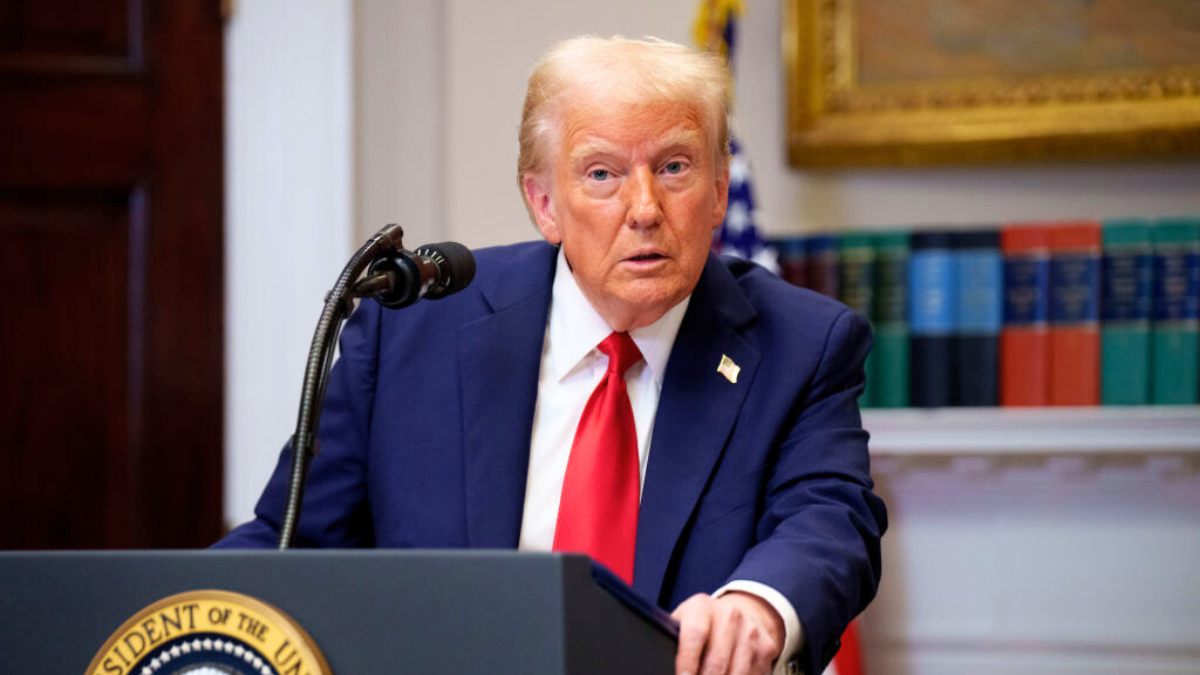
The situation surrounding Donald Trump’s push to end birthright citizenship demonstrates his ongoing tendency to prioritize personal and political agendas over constitutional principles. His executive order, which attempts to reinterpret the 14th Amendment to exclude children born to non-permanent residents from automatic citizenship, has sparked widespread legal challenges. This move is not only seen as an overreach but also an attempt to disregard past legal precedents, including the Supreme Court’s ruling in United States v. Wong Kim Ark (1898), which affirmed birthright citizenship.
Trump’s stance reflects a broader strategy of undermining established legal frameworks to push his political goals. His campaign slogan, “Make America Great Again,” often seems to be more about reshaping the nation in a way that benefits his ideological allies and consolidates his grip on power, rather than improving the quality of life for the general public.
The backlash from immigration lawyers, civil rights groups, and states across the country has been swift. Multiple lawsuits, including from Democrat-led states and immigrant rights organizations, are challenging the constitutionality of Trump’s order. The first ruling against it came from Senior U.S. District Judge John C. Coughenour, who called the executive order “blatantly unconstitutional,” stating that he had never encountered a case with such a clear constitutional violation in his decades of legal experience.
The legal pushback against Trump’s birthright citizenship order exemplifies the ongoing battle between constitutional protections and the executive actions of a president who has consistently shown a disregard for established legal norms when they conflict with his agenda. If Trump’s efforts to alter fundamental constitutional principles were to succeed, it could set a dangerous precedent, threatening the integrity of not just the 14th Amendment, but other protections as well, such as the 22nd Amendment, which limits presidents to two terms. Trump’s actions suggest he is willing to challenge the Constitution when it suits his vision of power.
